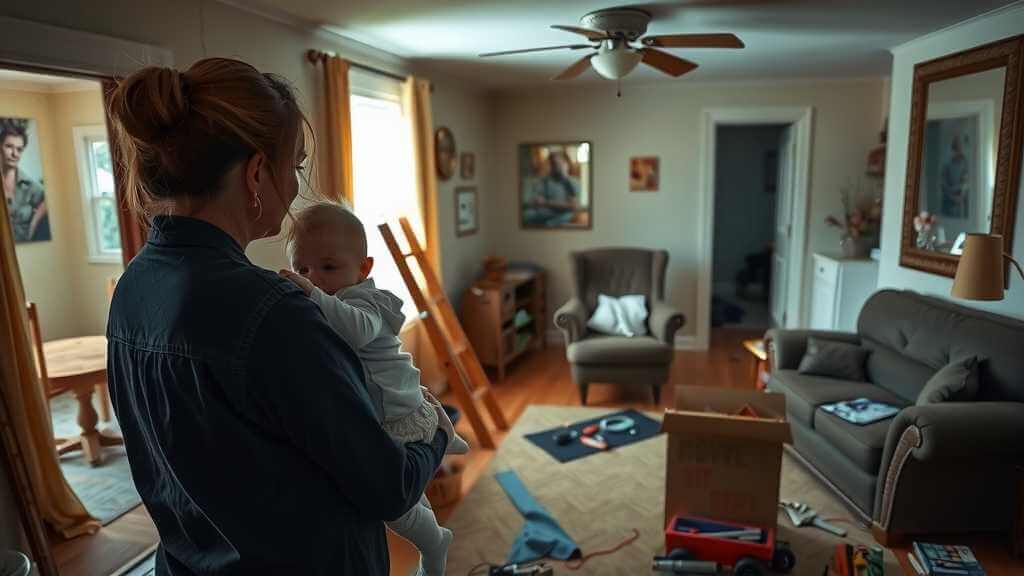The U.S. Residency by Family Petition constitutes a permanent resident status in the United States acquired through the filing of an application sponsored by an immediate family member who holds U.S. citizen or lawful permanent resident status in the United States.
Now, how does the process work? What are the benefits? What relatives can a U.S. citizen ask for? Today we will discuss everything you need to know about this benefit. At Zava Immigration Law Group our attorneys are prepared to assist you every step of the way. Tell us your case and secure your family’s future.
Table Of Contents
Requirements for Residency by Family Petition in the U.S.
In general terms, the requirements for obtaining U.S. residency by family petition are as follows:
- Be an immediate family member of a U.S. resident or U.S. citizen.
- Not having a criminal record for serious crimes.
- Demonstrate that you have the financial ability to support yourself (in the case of your family member) and/or demonstrate that your family member has the financial means to support you.
Please note that eligibility may vary according to family relationship and preference categories. Therefore, it is advisable to consult with an immigration attorney to ensure that all of these requirements are met. At Zava Immigration Law Group we can help you. Tell us your case and secure your family’s future in the United States.
Preference Categories for U.S. Residency by Family Petition
In this table you will find the different categories of family preference for permanent residence:
| Category | Family Members Included |
| First preference (F1) | Unmarried sons and daughters of U.S. citizens over 21 years of age. |
| Second preference (F2A) | Spouses and unmarried children under 21 years of age of legal permanent residents. |
| Second preference (F2B) | Unmarried sons and daughters over 21 years of age of legal permanent residents. |
| Third preference (F3) | Married sons and daughters of U.S. citizens. |
| Fourth preference (F4) | Brothers and sisters of U.S. citizens if the U.S. citizen is 21 years of age or older. |
Detailed Steps to Obtain U.S. Residency by Family Petition
The process for obtaining U.S. residency by family petition can be summarized in the following steps:
Step 1 – Filing the I-130 Petition
To initiate the process, the citizen or lawful permanent resident must formalize the application by filing Form I-130 (Petition for Alien Relative) with USCIS. This document officially establishes the family relationship and the intention of the foreign relative to immigrate.
Step 2 – Adjustment of Status or Consular Processing
If the beneficiary relative is in the United States, he or she may adjust status by filing Form I-485 (Application to Register Permanent Residence or Adjust Status). This facilitates the adjustment of status from nonimmigrant from nonimmigrant to permanent resident and can be filed in conjunction with Form I-130.
If, on the other hand, the beneficiary family member is outside the United States, he or she must follow a consular process. This involves filing Form DS-160 and preparing the necessary documentation for the interview at the U.S. consulate in your home country.
Step 3 – Gather Evidence and Documents
Gather documentation to support the family relationship (birth certificates, marriage certificates, etc.), evidence of the petitioner’s legal status(certificate of citizenship, U.S. passport, or a copy of his/her Green Card), and financial documents that demonstrate the petitioner’s financial ability to support the beneficiary.
Step 4 – Evaluation and Interview
Prepare for a possible interview with a USCIS officer or consulate. It will review the information submitted and verify eligibility. Facilitate the evaluation process by providing accurate and truthful information.
Step 5 – Obtaining Residency
If the petition is approved, an Immigrant Visa will be issued. Once in the United States, the beneficiary may obtain U.S. residency by family petition and, after five years, may apply for U.S. citizenship if desired.

The process of applying for U.S. residency by family petition varies depending on your situation, and you may be able to file additional applications. Therefore, it is best to have an immigration attorney assist you every step of the way. At Zava Immigration Law Group we can help you. Talk to an attorney and move toward permanent residency.
Essential Documents for the Residency Petition
The documents required to apply for U.S. Residency by family petition are:
- Form I-130 (Petition for Alien Relative).
- Form I-485 (Application to Register Permanent Residence or Adjust Status).
- Form DS–160 (only if consular processing is required).
- Evidence of family relationship between the petitioner and the beneficiary, such as:
- Birth certificates.
- Marriage certificates.
- Adoption records.
- Proof of legal status of the petitioner, such as:
- Copy of your Permanent Resident Card (Green Card)
- Certificate of citizenship.
- U.S. passport.
- Recent photos of the beneficiary (according to USCIS specifications).
- Payment of fees required by USCIS to process the application (amounts may vary and should be verified at the time of filing).
- Financial documents and evidence demonstrating the petitioner’s financial ability to support the beneficiary, such as:
- Tax returns.
- Bank statements.
- Employment letters.
- Criminal records, medical evaluations and other documents related to eligibility and security.
Depending on your specific situation, USCIS or the U.S. Consulate may request additional documents. Therefore, it is important to have a lawyer to help you gather the necessary documentation. At Zava Immigration Law we can help you. Contact us and let us get your documents in order.
Permanent Residency Benefits
Some of the main benefits of U.S. residency by family petition are:
- Right to live and work permanently in the United States.
- Unrestricted access to education and health services.
- Opportunity to apply for U.S. citizenship after meeting certain requirements.
- Possibility of sponsoring family members to obtain residency.
- Protection under federal law, including labor and civil rights.
- Eligibility for social benefits and government assistance programs.
- Flexibility to change jobs or professions without affecting immigration status.
Practical Tips for Obtaining U.S. Residency by Family Petition
Some tips to keep in mind for your application for U.S. residency by family petition are:
- Carefully complete all sections of Form I-130, which consist of:
- Part 1 – Relationship between petitioner and beneficiary.
- Part 2 – Information About You (Petitioner): Full name, date of birth, complete address, and marital information (if applicable).
- Part 4 – Beneficiary Information: Full Name, Date of Birth, Physical Address and Marital Status.
- Be sure to sign your form (please note that unsigned forms will be rejected).
- If your relative (beneficiary) is in the United States, file Form I-130 and I-485 together to save processing time.
- Use a Form I-130 for each family member for whom you wish to petition.
At Zava Immigration Law Group we can help you every step of the way, advising you and maximizing your chances of success. Don’t risk the status of your loved ones by facing this complicated process on your own. Contact our attorneys and secure a future with your loved ones in the United States.
How long does it take to obtain residency by family petition?
The times to obtain U.S. Residency by family petition vary according to the category of preference. However, exact deadlines are variable and may change with immigration policies. Therefore, it is best to consult an immigration attorney for up-to-date information on processing times.
Which relatives can be included in the residency petition?
Immediate relatives of U.S. citizens or residents who may apply for U.S. residency by family petition are:
– Spouses of citizens or legal permanent residents.
– Unmarried children under 21 years of age of citizens or legal permanent residents.
– Parents of U.S. citizens.
– Brothers and sisters of U.S. citizens.
– Other relatives such as in-laws, daughters-in-law, sons-in-law, sisters-in-law and uncles/uncles, as long as the citizen or permanent resident applicant is under 21 years of age.
Is there a limit to the number of family members I can sponsor?
There is no limit on the number of people you can sponsor for U.S. Residency by family petition. However, it is crucial to keep in mind that a limited number of applications are accepted annually, which may result in waiting lists in some categories.
What medical benefits are available to residency applicants?
Applicants for permanent residence in the United States are not eligible for federal medical benefits. However, some states offer limited health care programs. It is best in these cases to obtain private health insurance to cover medical needs during the immigration process.
How does residency status affect my children’s education in the U.S.?
Permanent residents and citizens have unrestricted access to public education. Other statuses, such as temporary visas, may have limitations. Therefore, it is best to consult with the local school system and an immigration professional for specific information.
What to do if my residency petition is denied?
In case your application for U.S. residency by family petition is rejected, you can appeal the decision or file a new application in case of changes in your situation. It is essential to consult with an immigration attorney to explore the options available.

Secure Your Future with U.S. Residency by Family Petition
U.S. residency by family petition can not only secure your family’s future, but bring them closer to U.S. citizenship and all its benefits. However, the number of documents required and the family preference categories can be confusing to anyone unfamiliar with the U.S. immigration system.
For this reason, it is best to consult with an attorney to accompany you every step of the way. Don’t risk your family’s future. At Zava Immigration Law Group we can help you. Our professionals will put all their knowledge and dedication into ensuring the future of your loved ones. Contact us and secure your family’s status.
Sources
USA.gov – Applying for a permanent residency or “Green Card” for a family member
USCIS – Permanent Residency for Family-Based Immigrants
USCIS – I-130, Petition for Alien Relative Petition
USCIS – I-485, Application to Register Permanent Residency or Adjust Status
Other Resources
I-130 Family Petition: What You Should Know
Form N-400: Road To Citizenship
Exploring the Different Categories of Family Residency in the U.S.
Sibling-To-Sibling Petition: Requirements, Steps And More
Approved Juvenile Status: How to Start on the Road to Permanent Residency
How To Cancel An I-130 Petition Step By Step
Consular Processing: A Step-By-Step Detailed Guide
Consular Interview For Residency: Everything You Need To Know






